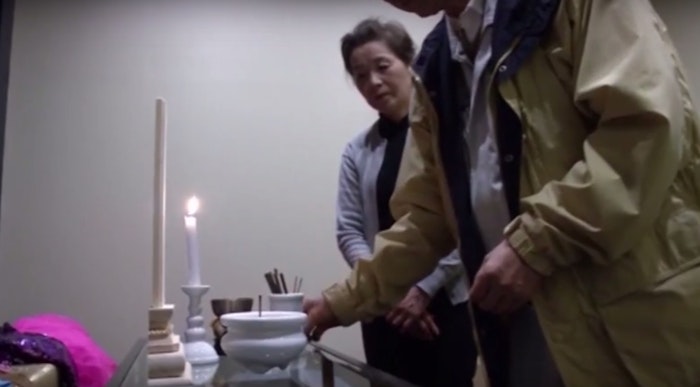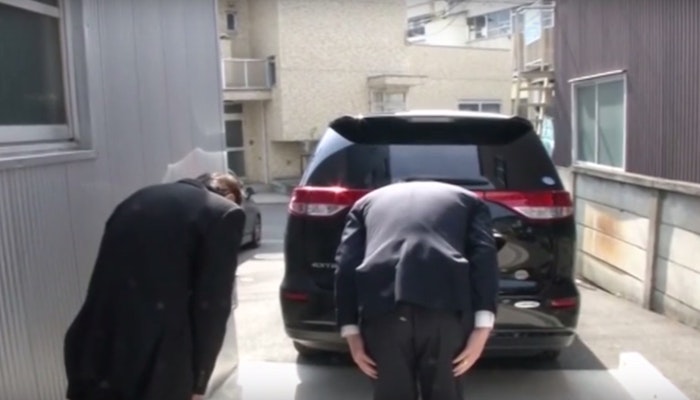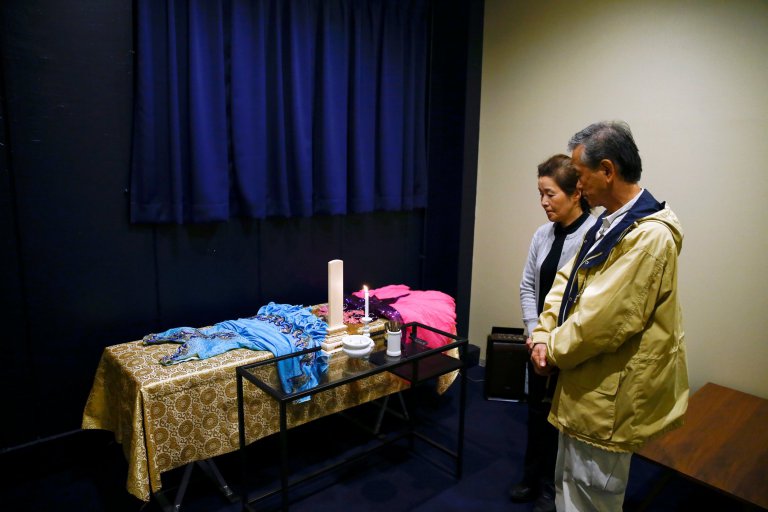Japan’s Creepy Corpse Hotels Could Do Some Good in the States
With 49% of Americans projected to choose cremation in 2017, we may need to address overcrowded crematoriums the same way Japan has.
Dead people take up a lot of space, an issue Japan is beginning to comprehend. Approximately 110,000 people died in Tokyo in 2014, but there are only 26 operating crematoriums in the city. As the death rate continues to rise in Japan, the country has begun to explore alternative storage methods, if you will, to offer relief to overcrowded crematoriums. That solution comes in the form of “corpse hotels,” where bodies are stored in pristine conditions for up to four days before space is cleared at crematoriums for their arrival.
The new corpse hotel called Sousou is located in the city of Kanagawa, where 75,000 people died in 2014. As the city only has 20 operating crematoriums, it suffers from the same overcrowding issues as Tokyo. Located on a suburban block, the grim exterior of the hotel stands out among its surroundings with navy curtains covering all the window. The hotel may be slightly out of place, but it provides a place for families and friends to visit their loved ones before the body is shipped off to the crematorium a few days later.

Sousou representative Hisao Takegishi referred to the facility as a “funeral refugee,” a crucial step in dealing with the overcrowding issue at crematoriums. Sousou provides a section for relatives to relax and discuss their options with the staff, while the bodies of their loved ones are preserved in highly air conditioned other rooms in other parts of the building. The facility’s staff hopes to expand the business into other, more crowded cities like Tokyo where the disturbing nature of the building wouldn’t interfere in the lives of local residents as much.
Japan’s corpse hotel idea calls attention to a similar issue in the United States. Although interring bodies is still popular in America for religious reasons, according to data from 2014, the percentage of Americans who want to be cremated had risen from 3.5% percent in 1958 to nearly 40 percent, and there’s evidence to suggest that statistic will only increase. The number of crematoriums in the United States has increased to keep up with the trendiness of cremation, but it’s likely we may run into a similar problem like the one in Japan.

Noting the projected 49 percent of Americans that will choose cremation in 2017, Barbara Kemmis, executive director of the Cremation Association of North America, said, “If we don’t address the capacity issue and increase the number of crematories, it could take up to two weeks to cremate someone in 2040.” Japan’s solution has secured a four-day waiting period between storage at the corpse hotel and cremation, putting the length of two weeks in perspective.
With the ever-increasing popularity of cremation in the United States, it looks like we may have to get dead serious about investing in some of these corpse hotels.
Photos via Youtube/Freeclick (1, 2, 3)
Cover Image: Reuters
[H/T: Inverse.com]




